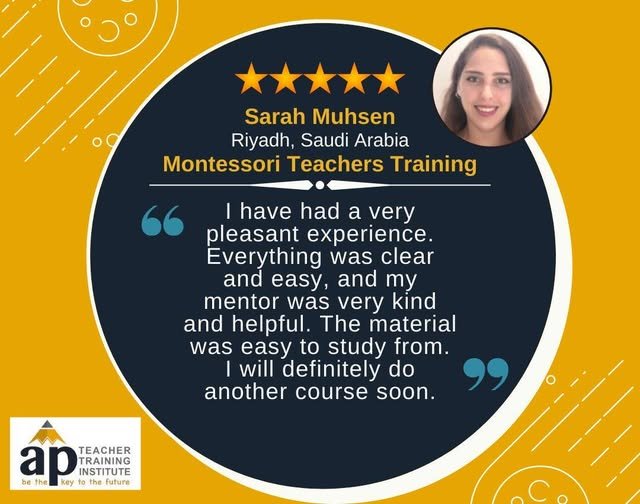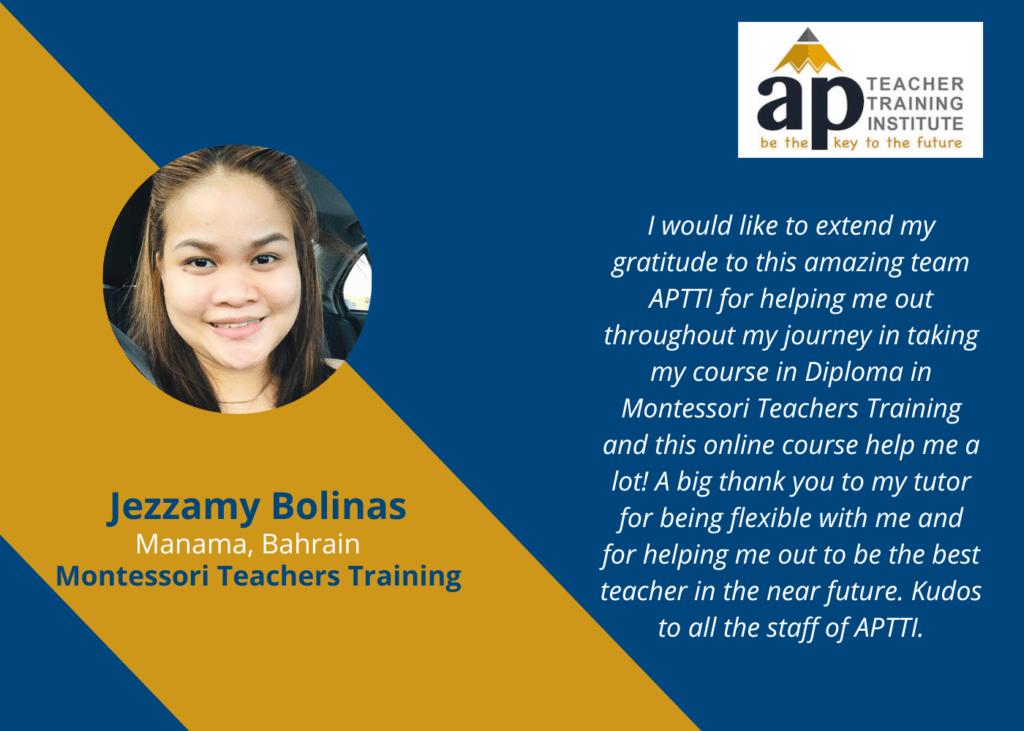Parenting Tips Based on Montessori Principles
Being a parent is a journey that has both good and bad parts. A lot of parents want to know how to help their kids become more independent and confident. The Montessori method is a well-known way to be a thoughtful parent. These techniques are based on observation, respect, and hands-on learning, and they encourage families to develop children who are independent and interested in the world around them. Parents can use what they learned in Montessori teacher training to make easy changes at home that will help their kids do well.
Table of Contents
- What Are Montessori Principles?
- Why Should Parents Use Montessori at Home?
- Key Parenting Tips Inspired by Montessori
- Avoiding Common Parenting Mistakes
- Long-Term Benefits of Montessori Parenting
- Frequently Asked Questions
- Conclusion
What Are Montessori Principles?
Montessori ideas stress letting kids accomplish things on their own, giving them independence within limitations, and respecting how their minds naturally grow. Montessori is different from strict methods because it fosters discovery, hands-on learning, and taking responsibility. Parents may put these ideas into action by giving their kids chances to study in safe, organized settings where they can go at their own pace.

Why Should Parents Use Montessori at Home?
Using Montessori ideas at home can help kids become more independent, learn how to make decisions, and become more resilient. Parents don’t have to make their homes look like a classroom; they can use Montessori methods in their daily lives. Low shelves, hands-on activities, and open-ended play are all small changes that make the room more welcoming and in line with the way montessori teachers are trained with a topclass montessori teacher training course.

Key Parenting Tips Inspired by Montessori
Create a Prepared Environment
Make sure kids can get to important things in your home on their own. Put toys and learning materials on low shelves so they are easy to find. This setting encourages independence, responsibility, and order, which helps kids feel confident about handling their everyday tasks.
Encourage Independence Through Choices
Give them choices that are right for their age, like what to dress or what fruit to eat. Giving children choices gives them control and helps them think critically. When parents appreciate their children’s minor choices, it shows that they trust them, which makes the link between parent and child stronger.

Prioritize Hands-On Learning
Montessori believes that doing things is a good way to learn. Encourage activities that use the senses, including cooking, gardening, or doing puzzles. These hands-on activities help kids understand ideas better than just watching or listening, which is in keeping with how Montessori training online is done.
Respect Natural Development
Each youngster learns at their own speed. Instead than hurrying them or comparing them to others, pay attention to what they like and help them grow naturally. Respecting their rhythm promotes their confidence, curiosity, and want to learn more.
Foster Gentle Discipline
Montessori parenting teaches discipline by giving kids direction instead of punishment. When kids make mistakes, they learn to be responsible by mending them, like cleaning up a spill or putting toys away. This strategy makes people more accountable in a calm and kind way.
Avoiding Common Parenting Mistakes
Many parents think that Montessori means no structure. In reality, it strikes a balance between freedom and limits. Don’t give them too many options or jump in too early to fix things. Instead, give them friendly advice and let them practice being independent.

Long-Term Benefits of Montessori Parenting
Families that follow Montessori principles enjoy long-term benefits. Kids learn to be autonomous, tough, and able to solve difficulties in the real world. Stress from parenting also goes down when routines get easier and kids take charge of their own tasks. Many parents discover that adopting Montessori principles at home reflects the development mentality imparted in a Montessori course online, equipping children for lifelong learning.

Frequently Asked Questions
- Do Montessori principles require a classroom setup?
No, simple changes like low shelves, natural toys, and opportunities for choice are enough to make your home Montessori-friendly. - How does Montessori discipline work?
Instead of punishments, Montessori uses natural consequences, teaching children responsibility and respect in everyday actions. - Can Montessori principles work with toddlers?
Yes, even toddlers benefit from independence-building activities like pouring water, choosing clothes, or cleaning up toys. - Is Montessori parenting time-consuming?
It encourages children to do things themselves, which may take longer at first but builds long-term independence. - Do I need formal training to use Montessori at home?
No, but parents often benefit from resources inspired by montessori teacher training, which provide deeper understanding of child-centred learning.
Parenting with Montessori principles is not about creating a perfect environment but about fostering respect, independence, and curiosity. Inspired by montessori teacher training, parents can adapt everyday routines to build a home that nurtures lifelong learners. By allowing children to make choices, learn hands-on, and grow at their own pace, families cultivate harmony, responsibility, and a love for discovery.


